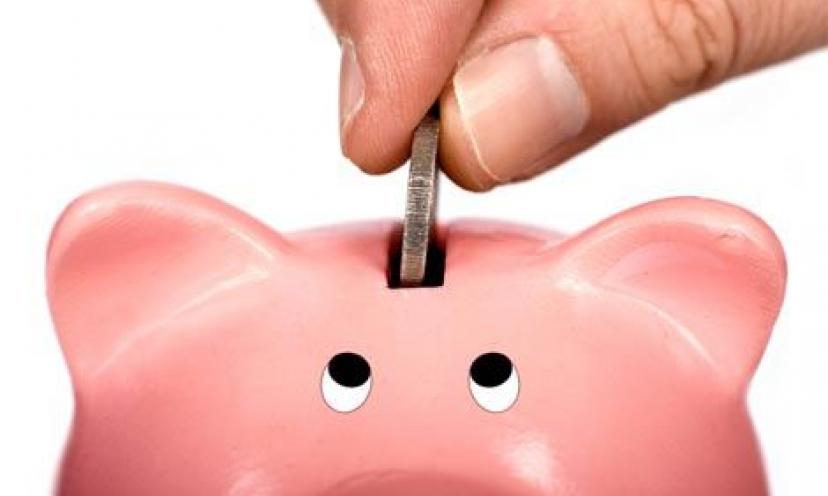Coins are worthless, you say? That argument can be swiftly debunked. When someone is at a well or a fountain, do they make a wish and throw in a dollar bill? Of course not. How about when deciding between two choices. Can you flip a five-dollar bill? Without coins what would pirates plunder, buried bank notes? Would chocolate coins cease to exist? Imagine if a kid couldn’t place a penny on a rail in hopes a passing train would flatten it. What in the world would coin collectors do? Oh yes, we need coins. There’s actually one final, interesting use they have: saving and spending. While this purpose seems to have been forgotten, it can end up being very valuable if done correctly.
While seemingly worthless and insignificant, coins can serve more of a purpose than simply marking your golf ball’s spot on the green. Saving coins can be a valuable way to earn a little extra money. The key, like with many things, is to have a plan and make execution a habit.
First, you’ll need a receptacle of sorts to store your coins. Any jar, bottle or bowl is fine, but you’ll want to make sure it’s aesthetically pleasing, as it needs to be placed out in the open. Put it someplace where you’ll walk by it often. Your living room, kitchen or bedroom might work well.
Next, you’ll need a goal. Will you wait a month to cash it in? A year? Until the jar is full? It can also help to decide what you’ll use the money for. Will you simply deposit it into savings or are you going to treat your spouse to a dinner date?
Once you have a plan, it’s time to start collecting. While nickels (and even more so, pennies) seem extremely invaluable, you will be surprised at their strength in numbers. Pick up all coins you see throughout your day, adding them to your selected piggy bank when you arrive home. The same goes for change from cash purchases. Pocket the coins and deposit them when you can. If you are really dedicated, focus on using cash more often. Not only will you fill your jar quicker, you may become a more conscious spender. Paying with cash can often seem “more real” than using a credit or debit card.
Once you have achieved your goal, it’s time to add up the currency. You can do this by rolling your own coins or by taking them to a machine coin counter. Be wary, as many machines, such as Coinstar, will often charge a fee of around 10% of the total. Check to see if your bank has a free coin counter.
When collecting coins, it’s important to focus on the forest and not the trees. Yes, a penny is almost worthless. A thousand pennies, however, mixed with a few hundred nickels, dimes and quarters, can be quite substantial. If you stay vigilant and dedicated, saving all these “insignificant” cents can add up to very significant dollars.
Have any stories, methods or tips to get the most of out your coins? Post them below!

